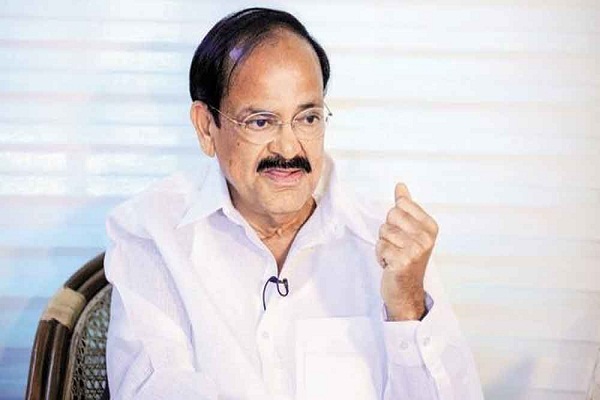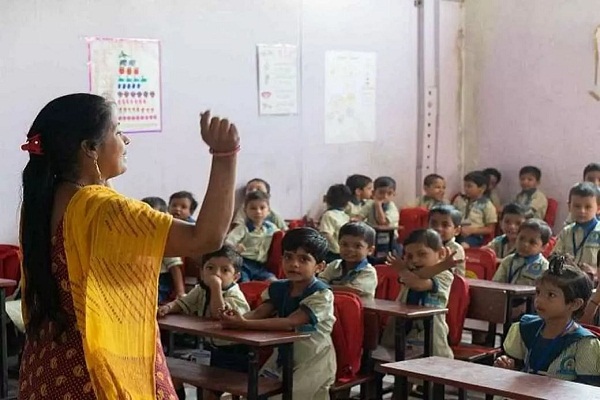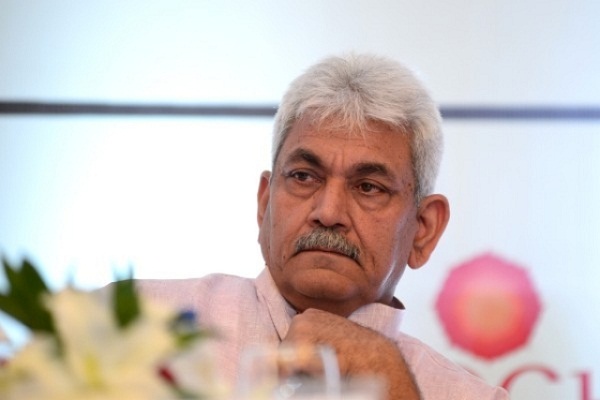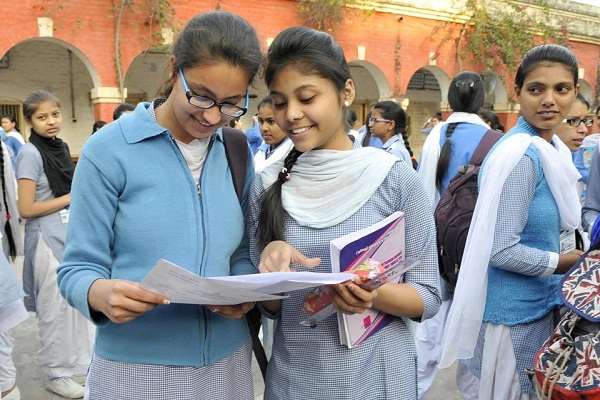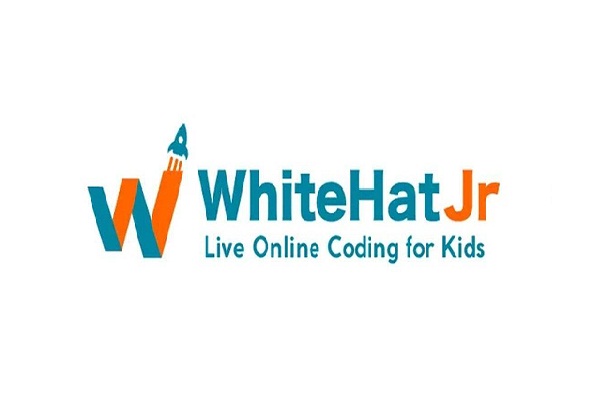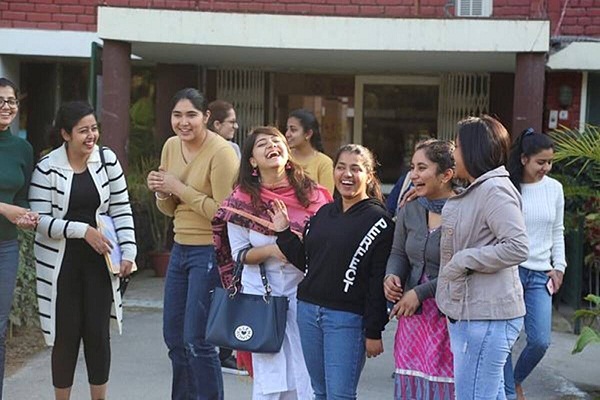The JEE Main 2021 Engineering Entrance exam for February Session is all set to get underway from tomorrow onwards – 23rd February 2021. The February session of JEE Main 2021 exam will be held over a period of 4 days starting tomorrow – 23, 24, 25, and 26 February 2021.
The NTA has issued detailed exam guidelines, COVID-19 precautions and dress code details. According to tentative estimates, around 6.6 lakh students have registered themselves to appear for the JEE Main 2021 February Exam this year.
According to the schedule released by the NTA, the JEE Main 2021 exam which will be starting from tomorrow, will be held in two shifts i.e. morning and afternoon shift. The morning shift would commence from 9 AM to 12 PM while the evening shift would operate from 3 PM to 6 PM.
Also read: JEE Main 2021 Exam: NTA issues Fresh COVID-19 guidelines for exam day
The key among them are as follows:
-The seating area of the exam halls to be thoroughly sanitized before start of the new shift
-All equipment and components including monitor, keyboard, mouse, webcam, desk, and chair and all door handles, staircase railing, lift buttons, etc, to be disinfected thoroughly
-Social distancing guidelines to be implemented thoroughly with students required to maintain minimum of 6-feet distance between them at all times
-Queue manager/ropes and Floor Marks will be arranged outside the center, follow the instructions provided by center staff.
-3-Ply Face Masks will be provided to the students at the exam hall which will have to used by the students compulsorily during the examination.
-Lab numbers will not be displayed outside the center to avoid any crowding at any one place in any situation.
-Hand Sanitizer will be available at entry and inside the exam venue at various places for candidates and center staff to use.











